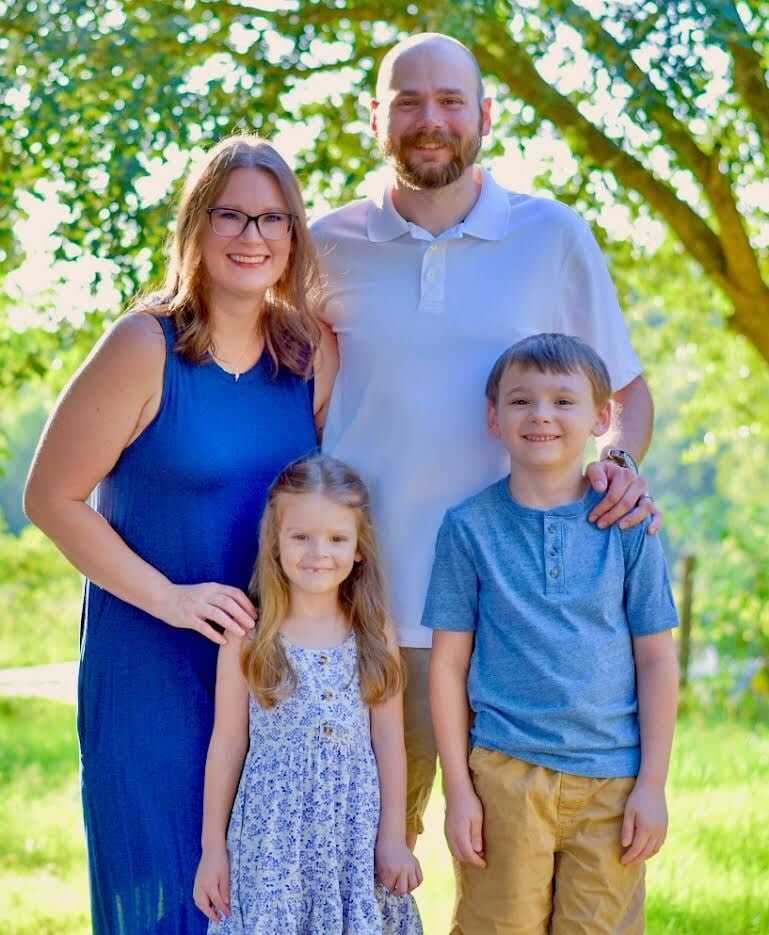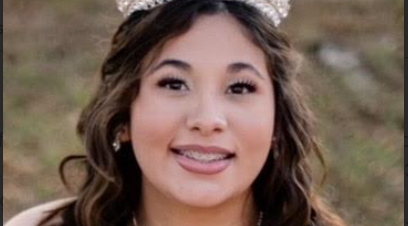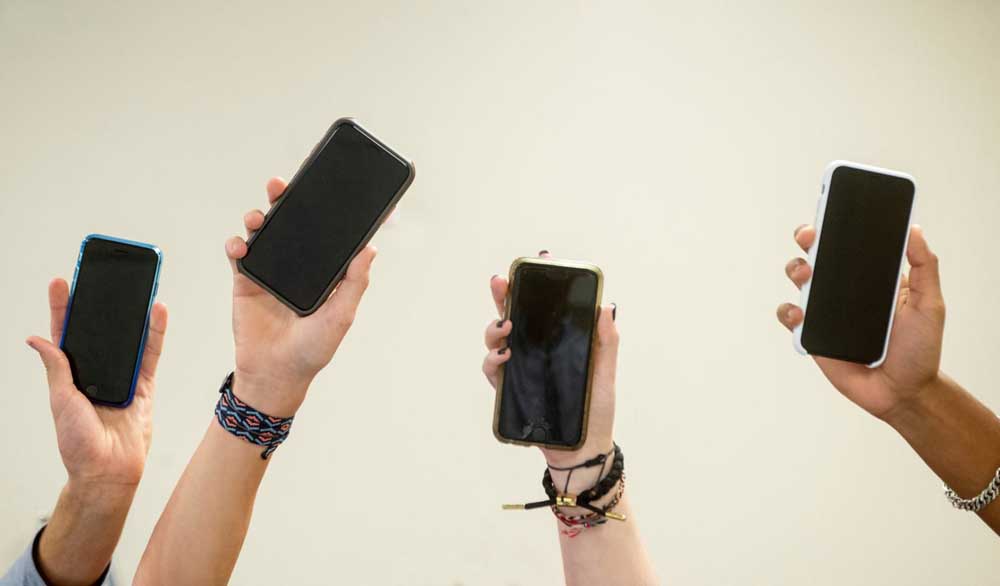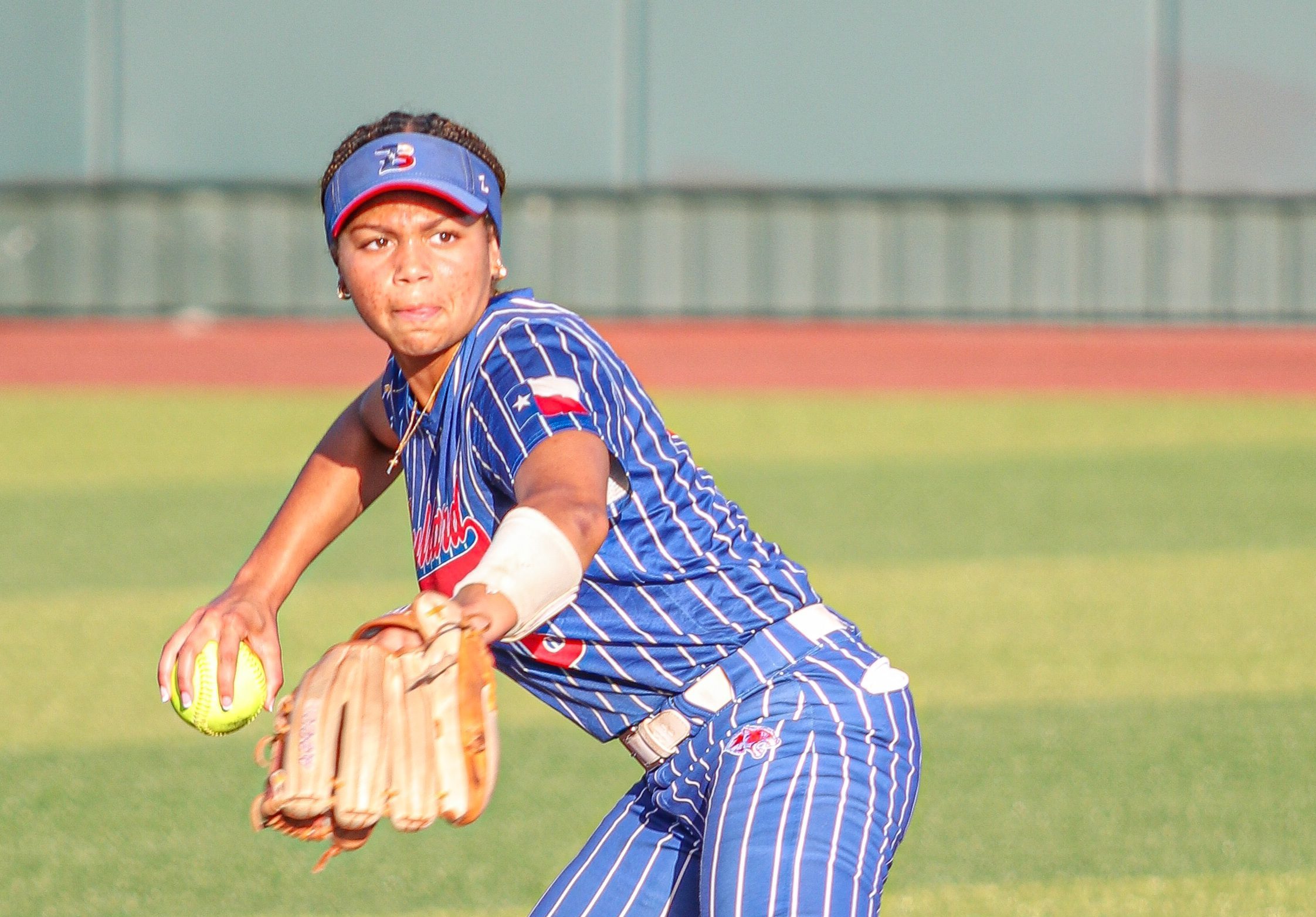Focal Point: Split rims and summer jobs
Published 9:19 pm Saturday, February 1, 2014

- By Dave Berry dvberry@tylerpaper.com
“Never blame anyone in your life. The good people give you happiness. The bad people give you experience. The worst people give you a lesson. The best people give you memories.”
— Unknown
Trending
In an earlier life, I knew my way around a split rim truck tire.
While working my way through college, I toiled for a time in a tire repair shop near the intersection of two U.S. highways that cut through my Kansas hometown.
The owner came in occasionally if someone wanted to buy car tires at retail. He didn’t cut deals, sold few tires, but somehow made a living. The real money was in repairs.
For me, it was a summer job, the span between my freshman and sophomore years in college. I had just finished up a month at the grain elevator, but harvest was over and I needed to work the rest of the summer. The pay wasn’t terrific, but good enough.
Just two of us worked in the back. Leroy was a half dozen years my senior, profane, world-wise and street-smart — my opposite. But he was funny, told good stories and — after he knew I could carry my share of the work — treated me fairly. I liked him.
Trending
For the first week, our days were relaxed. The occasional tourist heading west toward Colorado limped in on a mismatched spare tire with a deflated radial in the trunk. Oilfield workers dropped off mud tires with slow leaks. Farmers brought in nail-studded implement tires. And truckers sometimes pulled their big rigs off old Highway 40 to get our help pulling off a shredded tire that had thrown its tread.
When we weren’t fixing flats, we were sweeping, stacking and looking for more to keep us busy. But it was just a momentary lull … until the boss showed up one day with an announcement.
He had cut a deal. Starting the next day, we would handle all tire repairs for a major trucking company.
That was the year Interstate Highway 70 was cutting westward across Kansas, and by summer the newest section was being bulldozed and leveled just east of town.
My brother Stu — also working a summer job — drove one of the company’s short-bed (bobtail) dump trucks hauling rock and gravel to build the road. The fleet was made up of older worn-out trucks — a nasty dangerous lot.
The company paid its drivers by the load, so drivers wasted no time and obeyed few speed limits. They roared along, grinding through the gears, in smoking trucks on bald tires — raising plumes of dust on rutted country roads and unfinished rights-of-way.
We would fix all their flats, but we didn’t yet know what that would mean.
The next morning, and every weekday after that, a truck arrived out back and dumped a full load of flat, punctured split-rim truck tires into a pile. Our job was to tear them down, then repair, reassemble and air them up, ready to go by the next day, when another load of flats would arrive.
Split rims were the standard rim of the day. The rubber tire fit around a metal rim, held in place by a split metal ring that snapped into place around the outside of the rim.
You broke down split rims with a heavy sledge hammer, driving a metal pry bar under the ring until you worked it loose. Each tire took a lot of pounding. Once you pried off the ring, flipped the tire and pounded it loose with the sledge, you could pull the tire off the rim and remove the hard rubber liner and punctured inner tube.
You found the leak by airing up the tube in a tub of water. Hot patches were applied to the tube by smearing on rubber cement, setting it afire, and then applying a patch before the rubber cooled. You repaired the hard rubber tire by pulling the nail and plugging the hole.
Once you pushed the tube back into the tire, you fished the brass valve stem through a hole and dropped the tire over the rim. You worked the snap ring back on by standing on it to hold it in place, then hammering it all the way around with a sledge until it snapped in place.
Then came the most important step. … You rolled the reassembled tire into a metal cage before airing it up.
Split-rim tires are dangerous. Many tire repairmen have died when improperly installed or worn metal rings separated explosively from the rim while tires were inflated. If you were leaning over the tire when it blew, say goodbye to your head.
Leroy taught me well. Fear is a good thing. Never, ever, inflate a split rim by hand, use the cage, clip on the air nozzle … and back away.
Until you heard the tire pop back into place and snug up against that ring, you didn’t want to be near it. Leroy said it was a good time to go to the other end of the shop for a smoke break.
I didn’t smoke, but I walked away as well.
We repaired 15 to 20 truck tires a day for the rest of the summer. I took half; Leroy took half. We used the cage, listened for the pop and finished airing them to the proper pressure.
I never learned to smoke, but I learned safety.
At summer’s end, I went back to school and Leroy left to work “midnight tower” in the oilfield. It paid a lot better, and he thought it would be a safer line of work.
I really didn’t know where my future would take me. I was a business major who couldn’t stay awake in accounting class. I wasn’t even sure college was what I needed. I flirted with the idea of becoming a long-haul truck driver, and Leroy almost convinced me to follow him to the oil rigs.
But those weeks of swinging a sledge and hammering metal rings off split-rim tires had taken a toll on me. Leroy looked at my swollen knuckles and battered hands and said, “You need to get you a desk job.”
I took his advice, went back to school, applied myself to finding my direction … and by the end of the year discovered journalism.
I look back on that summer with a smile. I remember the sweat, the noise, the smashed fingers and the sore muscles.
I remember working alongside Leroy, the off-color stories and laughter … and the “smoke breaks” we took together at the far end of the tire shop.
Mostly, I recall the satisfaction at the end of the day, when the last of those well-worn tires — patched, inflated and ready — went onto a neat pile to be picked up in the morning.
Our futures are shaped by our experiences, both good and bad.
I can’t help but believe mine was shaped by a split rim.
Dave Berry is editor of the Tyler Morning Telegraph. His column runs every Sunday. Thanks for reading.







